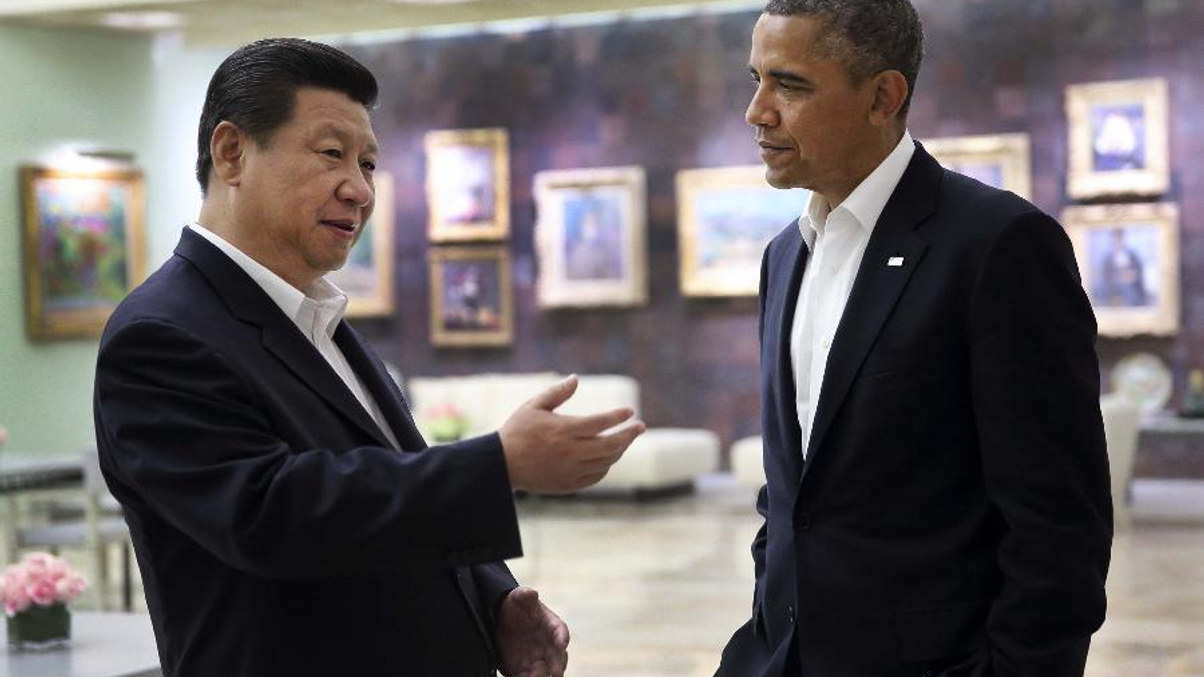SSGA strategist warns on Sino-US tensions
State Street Global Advisors’ George Hoguet highlights fears that China could place domestic considerations above all else and fail to recognise its role as a global player.

State Street Global Advisors’ head investment strategist has sounded a warning about the implications of a deteriorating Sino-US relationship, following tense exchanges during President Xi Jinping’s visit to America last month.
Sign in to read on!
Registered users get 2 free articles in 30 days.
Subscribers have full unlimited access to AsianInvestor
Not signed up? New users get 2 free articles per month, plus a 7-day unlimited free trial.
¬ Haymarket Media Limited. All rights reserved.


